We Play All Day
My phone is filled with a mix of production photos and pictures of small children. My “Most Recently Watched” on Netflix is composed of Friends, Peppa Pig, and Paw Patrol. My body is covered in bruises from both rehearsals and parks. My ukulele repertoire ranges from the Rolling Stones to the Frozen soundtrack. I am one of the many in this community: artists who nanny for other artists.
A couple of years ago I found myself without a job and with a resume filled with useless skills. I was young and confused about what my life was supposed to be as a twenty-something aspiring artist living in the city. With a dwindling bank account, I had to figure it out pretty quickly. Part of the struggle of being an artist is finding part-time employment that complements an erratic schedule. I’ve worked the spectrum of “typical” jobs that artists work: I’ve been a barista, cook, server, bartender, travelling sales person, usher, box office attendant… Then a friend suggested nannying.
When I met the first family I started nannying for, they asked me if I wanted a glass of wine. Initially I worried it was a test—it wasn’t, they just have great taste. We drank wine together and chatted with the kids, and it was one of the best job interviews I’ve ever had. A few months later I met another couple and their child. I showed up to their house hungover and tired as could be after having stayed up until dawn the night before, but I tried my best to put on the face of someone you’d want to leave your children with. Fortunately I was lively enough, maybe because we got to talking about theatre for the whole afternoon. Once I was asked what plays I’d enjoyed recently, it was all smooth sailing.
Due to the nature of the community, I’ve only ever met with others artists and their children. Their schedules often work well with my own, so many of my nannying gigs have been a few hours here and there, during shoot days or dress rehearsals. Sometimes I’d meet the actor or actress at casting agencies and I’d watch their children for a short period of time while they auditioned. I even got a full-blown taste of single-motherhood a few months back when I watched two children while their parents left the country for a few days.

Last winter I packed my backpack with some clothes, books, my computer, and a toothbrush. I prepared myself to temporarily move from the east end to the west end as I took on my first ever sleepover nanny gig. A five-day feat, with a three-year-old and a nine-year old. Those five days included a weekend, by the way. Making meals and getting the kids to bed seems easy enough, but Saturdays and Sundays mean birthday parties, play dates, school projects, creative movement class, swim lessons, basketball practice. The sheer thought of it throws my mind into exhaustion. Every moment of the day is spent thinking about the next step: “What will we have for dinner?” “What time should they get to bed?” “Did they practise piano?” By the end of the day, when the children fell asleep, I’d immediately get ready for bed and try to read or watch Netflix to relax a bit. Unable to think straight or register any more information, my tired mind went to sleep and awoke again in what felt like five minutes. As soon as I woke up, the task of breakfast stared me in the face and it was back to the marathon that is parenting.
By day three, I felt like I was doing pretty well. There’d been no major crisis and it seemed I was in the clear. Then… the commercial. The damn Tim Hortons commercial that I had auditioned for a few days prior called and asked that I come back in. Normally this would be exciting, but it happened to be scheduled for the morning of my last day with the kids. First task at hand: Where do the kids go? The older one would be in school so that was an easy fix, but the three-year-old was a dilemma. I sent a text to another actor who I’ve nannied for who lived nearby, asking if I could drop the toddler off for a play date while I went across town to the audition. He came through for me; the kids were taken care of. Second task: Be an actor again. With my luck, it was an audition with lines so I had to learn the new material I was sent. All I can say is thank goodness it was a commercial. I’m sure with time and practise I could prep for a regular audition, but it’s pretty damn hard and I commend all the actor-parents who do it all the time. Seriously, kudos to you all of you. It’s hard enough to live the lifestyle of an artist. Mix that with the responsibility of caring for a tiny human and you’re doing something that’s incredibly difficult.
I love auditioning. As much as it can be an inconvenience when it comes up last minute, it’s my job. It’s my life. I get five minutes of someone’s day to perform for them. One day I’m a “girl at a bus stop,” two days later I might be called in for “young professional (Salma Hayek type but not as pretty)”—an actual part I’ve read for, by the way.
After all the stress and work I put into this one callback, I didn’t book the commercial. Thank goodness for the fifty-dollar ACTRA cheque.

There are very few things I’ve been sure of in my life. Being an artist has never been in question. Since I started dancing at three, creating, performing, and sharing art has always made the most sense and felt like an innate part of my being. For a long while I thought it was all I needed to be fulfilled, that I could do without a lot so long as I could pursue my aspirations as an artist. With some age and experience, I’ve gained some insight and know that having children of my own one day, and sharing the art with them, is a necessity. Whether or not they choose to pursue it themselves, this is the best part of myself and I think it’s important to share that with the next generation as much as I can. I like to think that someday down the line maybe the children I’ve watched grow up will do the same for my own.
Being an actor isn’t easy. Being a parent certainly isn’t, either. The stress of a child’s life in your hands, when you’re still figuring out how to take care of yourself, is pretty immense. I can’t say I particularly enjoy changing diapers, looking for lost soothers, or dealing with a kid who woke up from their nap early. However, walking in the door and having a little one smile at you and yell your name (or some version of it) makes the dirty diapers, overtired fits, and long days so much easier. How bad can things really be if this is what my days consist of on a fairly regular basis? A beautiful, innocent young mind guiding me, helping me grow. Nannying is probably the cheapest form of therapy I’ve ever had, because young children live their lives with genuine ease. The things that upset them are soon over. The state of impermanence is such a valuable reminder to have. That’s an inherent part of our jobs as both artists and human beings in society. They are better at the Meisner technique than anyone I’ve ever worked with. The simplest things are valued: eating, sleeping, spending the afternoon in a park. They are in a constant state of play. “Play, play, we play all day!” is a line in a favourite book of one of the little girls I take care of. Whenever we get to that page she points, smiling, and says my name. That’s what we do. My heart melts and my ovaries swell a little every time. We must play.

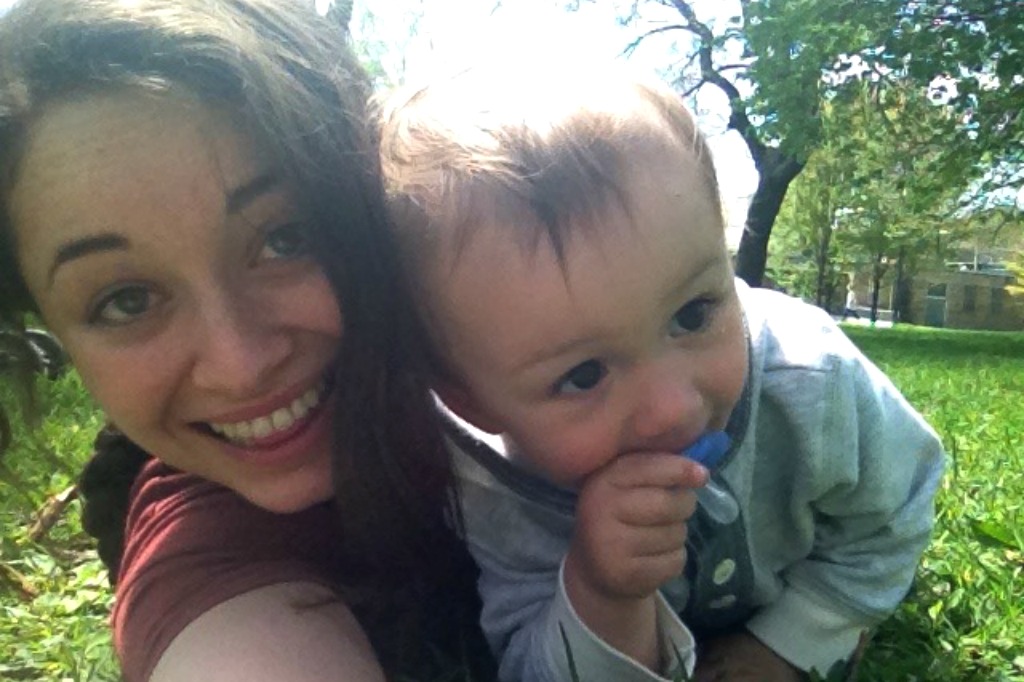







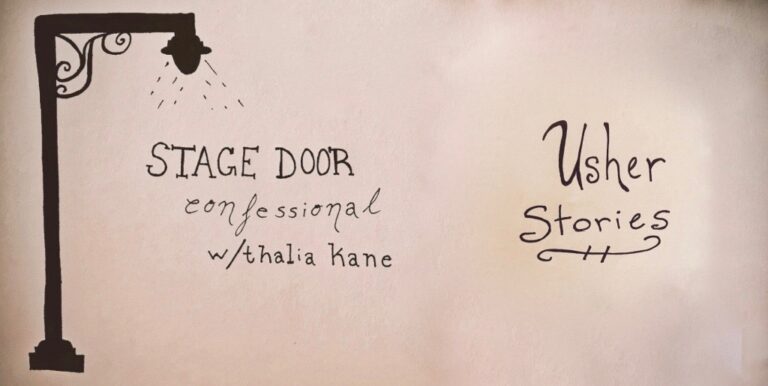
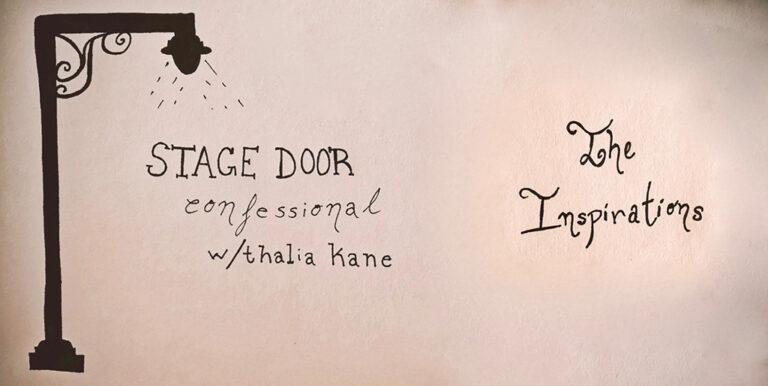
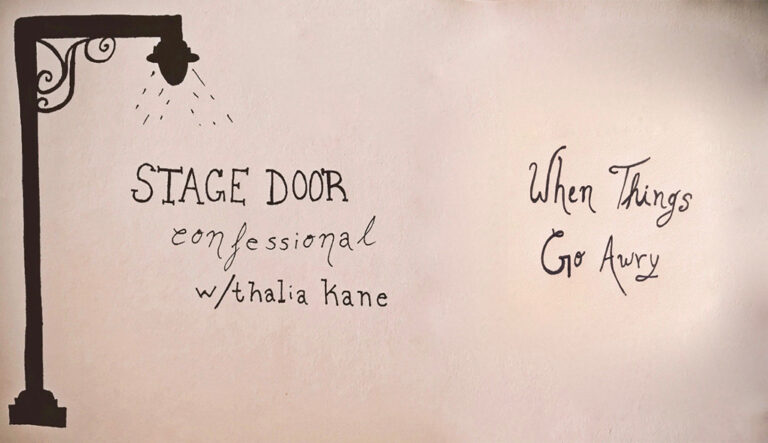
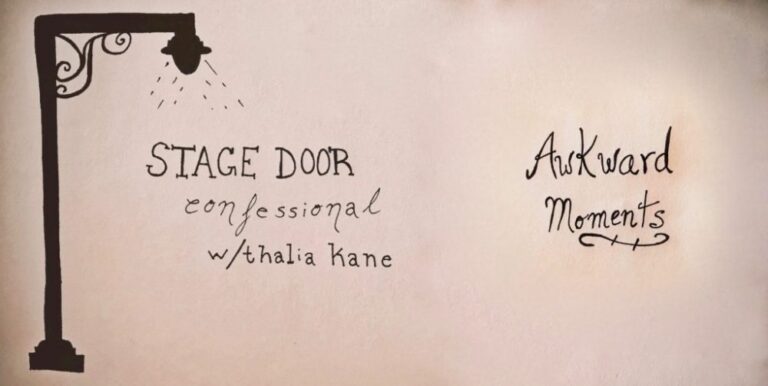
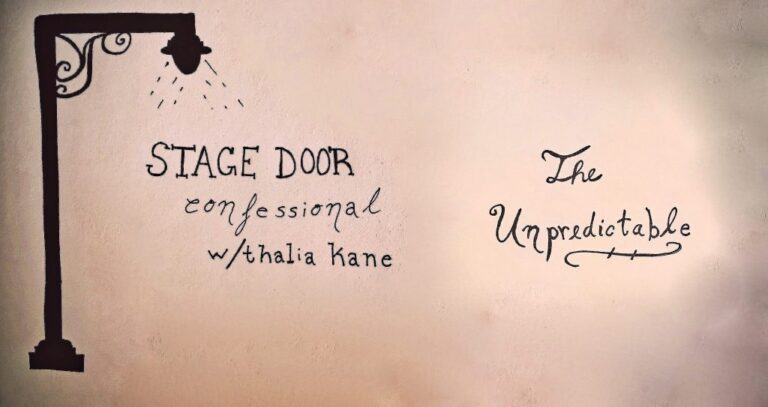
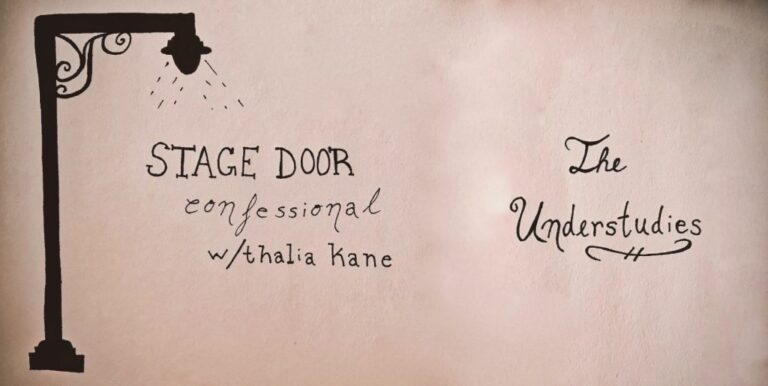
Comments